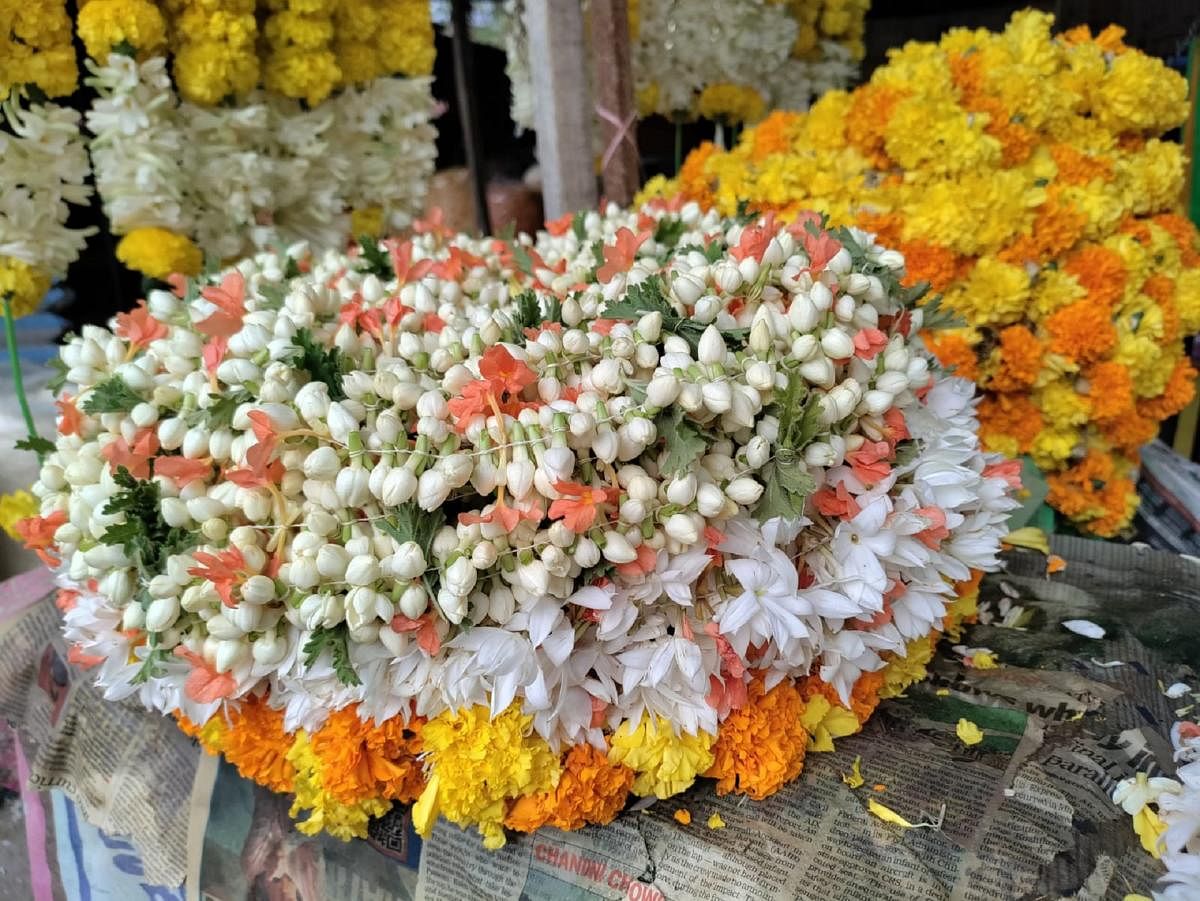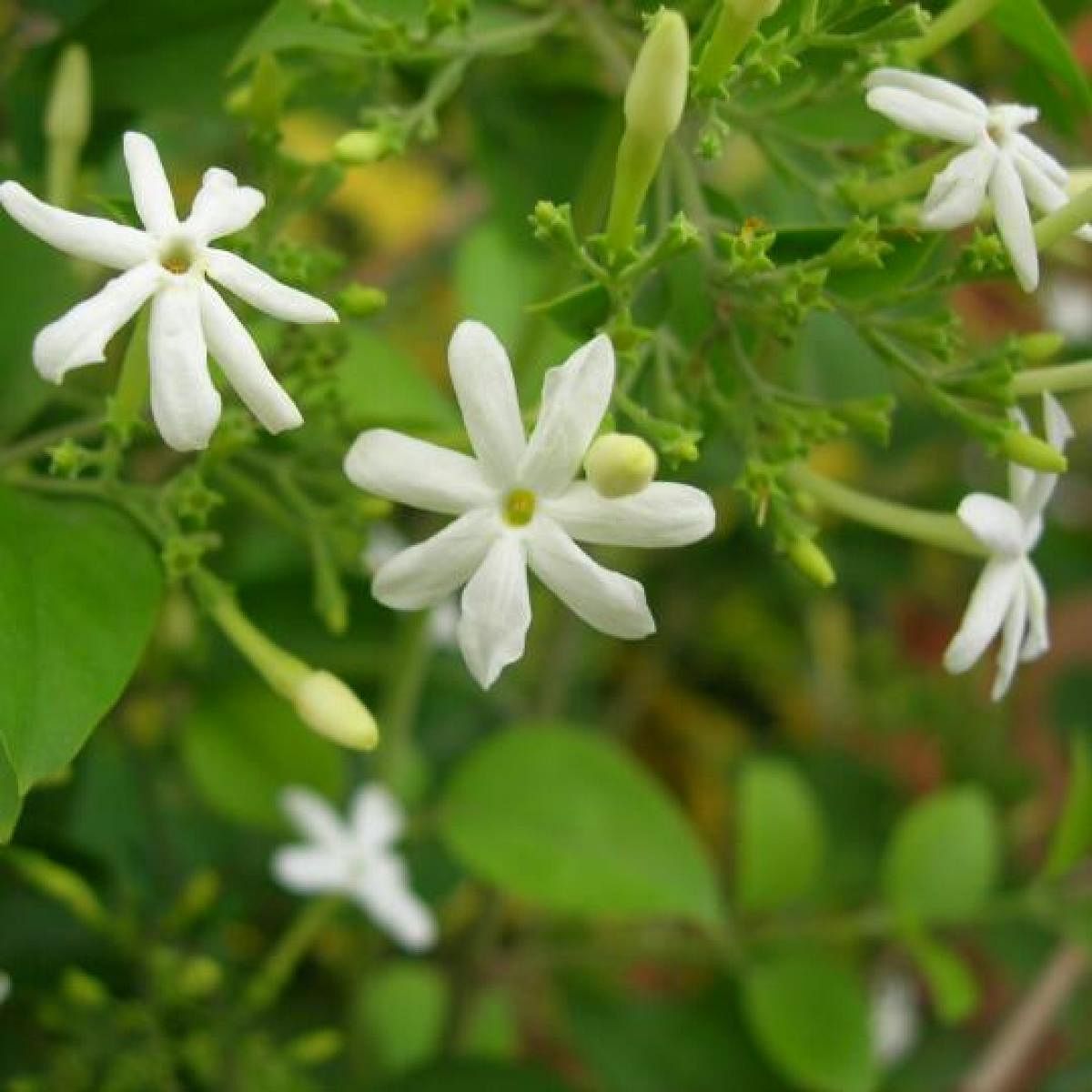

Fruits and flowers associated with Mysuru like the famed 'Mysore mallige' (jasmine), the 'Nanjangud rasabale' banana and 'Mysore vilyedele' (betel leaves) are on the verge of extinction. Despite demand and good returns, the area of cultivation under these crops has diminished rapidly in Mysuru.
In fact, hardly 10 acres are under cultivation of each of these crops, according to farmers cultivating them and horticulture department sources.
79-year-old T Krishnappa, a farmer who has cultivated 600 jasmine plants in the region, explains that depending on the season, farmers can earn Rs 600 to Rs 1,400 per kg of the flower. Farmers can also reap four to five crops a year. Despite this, “There are only few farmers who are cultivating jasmine. They have only 100 to 300 plants each,” explains Krishnappa.
The crop takes at least three years for a good yield, so farmers are not ready to wait for it. “They have switched over to cultivate other crops like vegetables," he adds. In his field, Krishnappa has a few plants that are more than 40 years old.
Shankar Sannanayaka, who cultivates betel leaf in Udbur village, Mysuru taluk explains that it is fluctuations in price that keeps farmers from attempting to cultivate Mysore Vilyadele. "The Udbur betel leaf market Udbur used to be a visual treat," he says.
The Nanjangud rasabaale, on the other hand, faces a threat due to diseases that affect the saplings. K T Sathyanarayana Swamy of Koogalooru, who cultivates the variant of banana saplings, says, "The use of fertilisers and pesticides affects its fragrance and taste. The plants are also prone to diseases like Panama Wilt before fruiting,” he says.
Besides agriculture institutes, an integrated bio-culture lab at Rangasamudra horticulture farm in Mysuru is trying to preserve the species through tissue culture.
Mysore Vilyedele and Nanjangud Rasabale were registered as Geographical Indication (GI) Crops in 2005. The Mysore Mallige was registered in 2006.
Farmers have also reduced the cultivation of these crops due to the real estate boom in Mysuru. Many farmers have sold their lands. The lack of adoption of advanced farm techniques, inadequate government support and frequent pest attacks have also discouraged farmers from growing crops.
Farmers say that increased incentives, input subsidies for crop loss and educational material about the cultivation of these crops, can go a long way in conserving these traditional crops.
“The horticulture department is providing healthy saplings and incentives under the Mahatma Gandhi National Rural Employment Guarantee Act in order to conserve and promote these crops,” says Horticulture Department Deputy Director K Rudresh. The department also supports farmers under the Suvarna Bhoomi scheme, the national horticulture mission scheme and the 'Rashtriya Kisan Vikasa Yojana' to create awareness about advanced methods of cultivation.